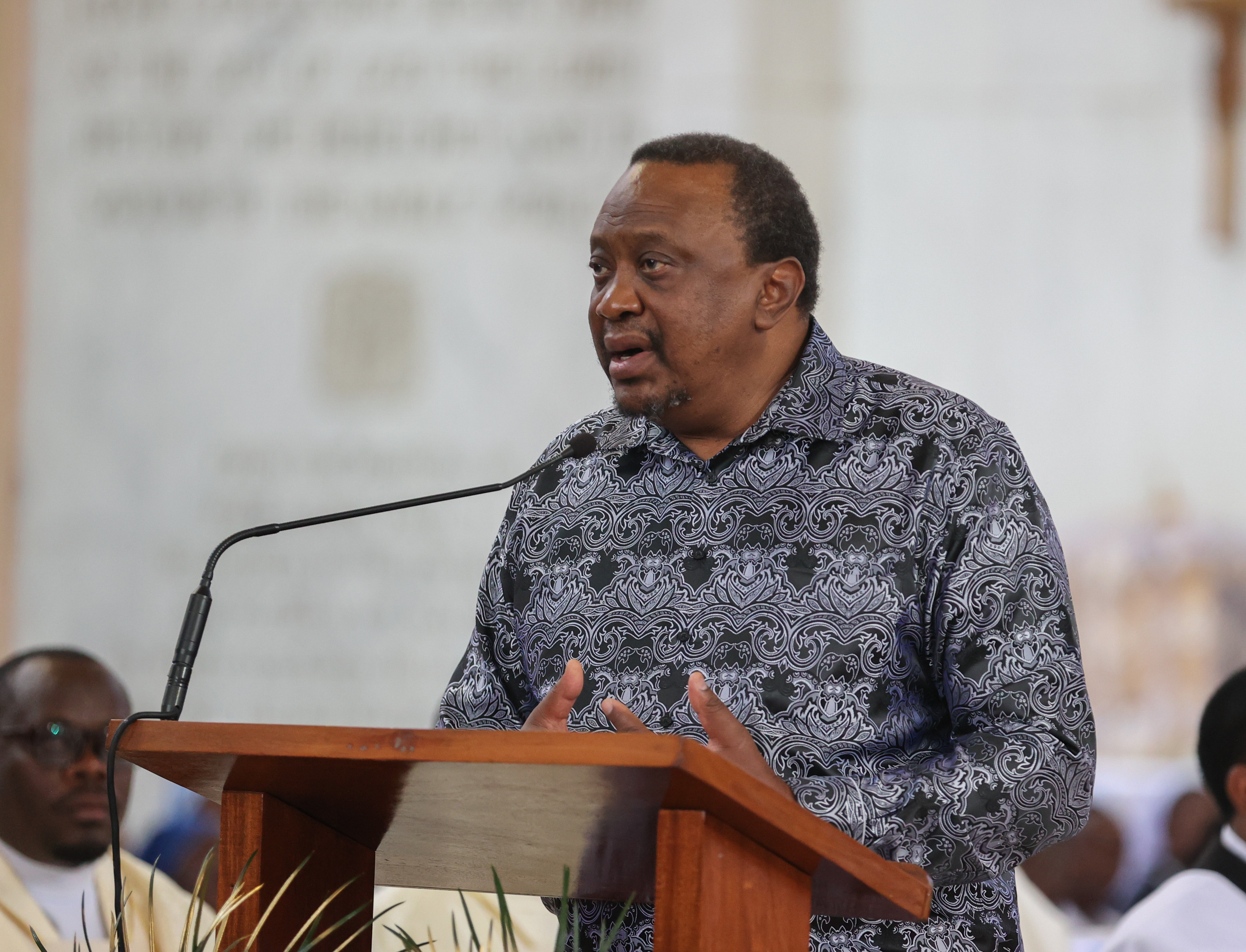

A series of missteps and competing foreign interests are among the key factors that led to the collapse of the Nairobi Peace Process led by former President Uhuru Kenyatta.
The peace bid was aimed at resolving the conflict in the Democratic Republic of Congo.
Diplomatic sources told the Star the peace initiative, which was commissioned by the East African Community Summit, has effectively been suspended.
This follows what some players have described as a “hostile takeover” of the mediation process by the Donald Trump administration.
Rwanda and Democratic Republic of Congo signed a US-brokered peace agreement on Friday.
The treaty includes provisions on disarmament, integration of armed groups and the return of refugees and internally displaced persons.
However, Trump’s interests in DRC’s mineral wealth have been cited as a driving factor behind US involvement.
The US entry into the mediation space undermined both the EAC-led Nairobi Process and the African Union-backed Luanda Process, led by Angola.
The Nairobi Process aimed to bring together all stakeholders — including the DRC government, armed groups, civil society and international actors — to find a peaceful resolution to the conflict through dialogue.
The Luanda Process, on the other hand, was focused on de-escalating tensions between the DRC and Rwanda, particularly the interstate aspects of the conflict.
Yet, trouble had begun even before the US stepped in.
Tensions within the Nairobi Process became evident in December 2022, during the inter-Congolese dialogue held in Nairobi.
Delegates from various Congolese groups staged a dramatic walkout during the closing session, citing unpaid allowances.
A visibly frustrated Kenyatta at the time accused some EAC leaders of sabotaging the process.
In February this year, Uhuru blamed the collapse of the initiative on a number of factors.
He cited his sidelining as facilitator, domestic politics in Kinshasa and the controversial expulsion of the EAC Regional Force (EACRF) from eastern DRC.
In a report to the joint EAC-SADC summit, Uhuru said that while progress had been made up to June 2023, momentum began to fade soon after.
Focus in Kinshasa shifted to the December 2023 general elections, disrupting plans for the fourth Intra-Congolese Dialogue Conference originally scheduled for June 2023.
A political impasse followed, resulting in the withdrawal of Kenyan troops from the regional force.
DRC President Félix Tshisekedi expelled EACRF troops, accusing them of “cohabiting” with rebel groups. Specifically, for their refusal to engage M23 militants in combat.
Uhuru told the summit this withdrawal significantly disrupted the peace process and military cooperation, ultimately triggering a resurgence in violence.
“Despite efforts to maintain dialogue, including consultations between myself, President Tshisekedi, and the M23 leadership, the political and security landscape in the DRC became increasingly unstable,” Uhuru said.
He also accused the Tshisekedi government of losing interest in the Nairobi Process after securing re-election.
A diplomatic source further disclosed to the Star that mediation efforts were hampered by the egos of both Tshisekedi and Rwandan President Paul Kagame, who allegedly preferred foreign interventions over regional ones and often dismissed local peace frameworks.
While Uhuru maintained that the Nairobi and Luanda processes remained important for dialogue and peace, the EAC-SADC joint summit later opted to merge the two frameworks — a move many saw as the final blow to the Nairobi Process.
In a contradictory resolution, the summit merged the two processes while simultaneously calling for their individual strengthening to “enhance complementarity”.
Political analyst Prof Peter Kagwanja told the Star that the DRC conflict suffers from overlapping and conflicting peace mandates.
“The problem in the DRC is the multiplicity of actors. You have the AU, which brought in Angola’s President João Lourenço to mediate. But then Kinshasa didn’t want to negotiate with M23,” he said.
“Meanwhile, the EAC had a dual mandate — peacekeeping and mediation — with Uhuru leading the latter.”












